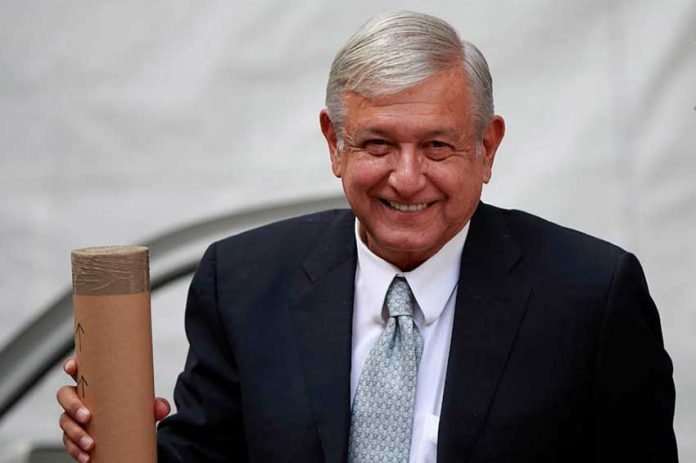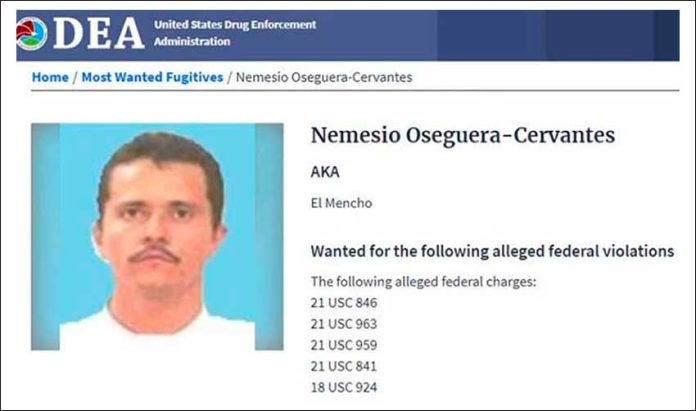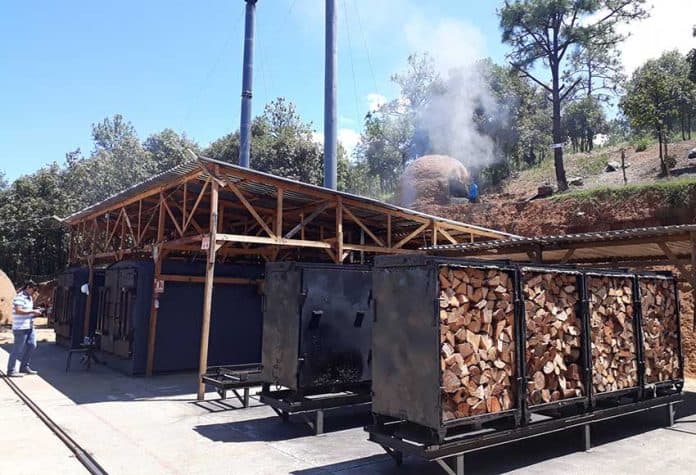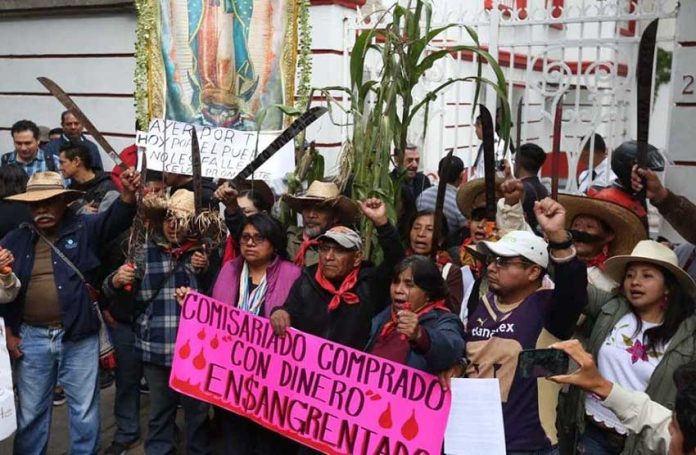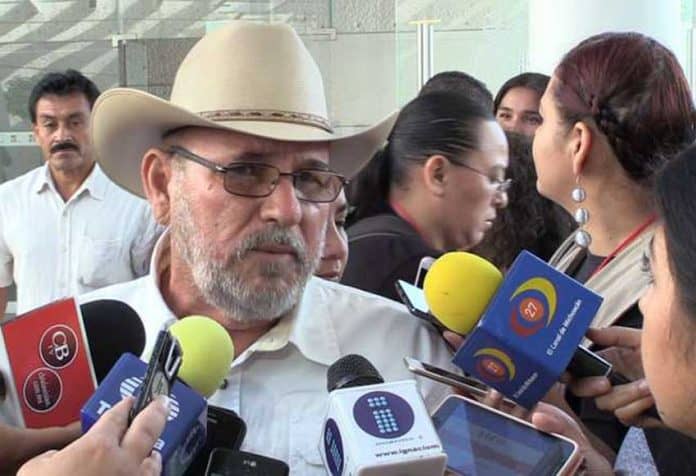There are high expectations that things will get better under the incoming federal government, according to a new national poll that also shows the president-elect has strong support.
The survey conducted by the newspaper El Universal between August 8 and 12 shows that 69% of those polled believe that Mexico will improve when Andrés Manuel López Obrador is president.
In contrast, just 6.5% of respondents said the country will deteriorate during the new government’s six-year term, while 16% said it would stay the same and 7.8% said they didn’t know what would happen.
The poll also shows that support for López Obrador’s performance as president-elect is very strong, with 64.6% of respondents saying that they totally or somewhat approved of his actions since he won the presidential election.
The figure is 11 points higher than the 53% of votes with which the Morena party leader triumphed on July 1 and more than 40 points higher than the approval rating given to President Enrique Peña Nieto in the same poll.
Only 12.1% of respondents said they totally or somewhat disapproved of López Obrador’s performance as president-elect while 12.7% said that they neither approved nor disapproved.
In the six weeks since millions of Mexicans went to the polls to elect a new president and renew both houses of the federal Congress, AMLO, as the political veteran is commonly known, and his nominees for cabinet positions have begun to outline the plans of the incoming government.
They include building new infrastructure such as the Cancún-Palenque train and a new oil refinery in Tabasco, reestablishing a federal Public Security Secretariat, moving some secretariats to regional cities, cutting salaries and benefits of lawmakers and officials, planting trees, establishing a free zone in the northern border region, increasing the minimum wage and reviewing contracts for the oil sector and finishing the new Mexico City airport.
López Obrador and prospective finance secretary Carlos Urzúa also moved quickly to calm fears surrounding the incoming government’s economic plans, pledging that the nation’s finances will be kept under control and that the independence of the central bank will be respected.
Today, ratings company Standard and Poor’s expressed confidence that the new government would maintain a prudent fiscal policy and would avoid instability, and that even a more active government role in economic terms would not likely be anti-market or populist.
Once he is in office, 64.5% of the 1,200 people polled told El Universal that they believed that the López Obrador-led government would deliver on its campaign promises while 18.5% said that he wouldn’t. A further 16.5% said that they didn’t know.
Almost 30% of respondents predicted that Lopez Obrador’s greatest achievement in office will be to combat poverty while 16.5% said that it would be improving the economy.
Just over 9% anticipated that job creation would be AMLO’s most notable accomplishment and a similar number said that it would be stamping out corruption.
On the other hand, 19.9% of respondents said that government corruption would go down as the incoming administration’s biggest failing, while smaller cohorts said that it would be the relationship with the United States, a failure to combat drug trafficking and other crime, management of the economy and treatment of the structural reforms implemented by the current government.
If the election was held again now, López Obrador would triumph anew with 60.3% of the vote, the poll concluded.
El Universal said that the survey has a confidence level of 95% and a margin of error of +/- 2.9%.
Source: El Universal (sp), La Economista (sp)
